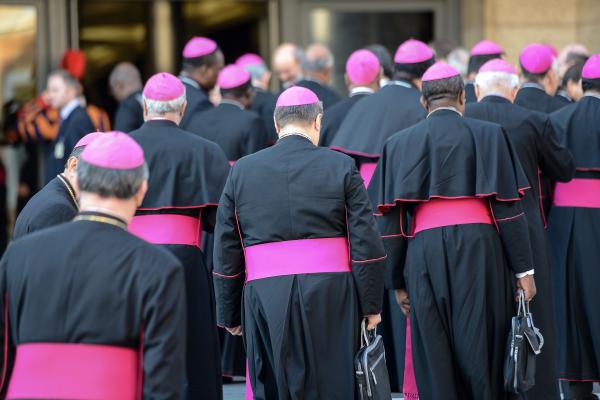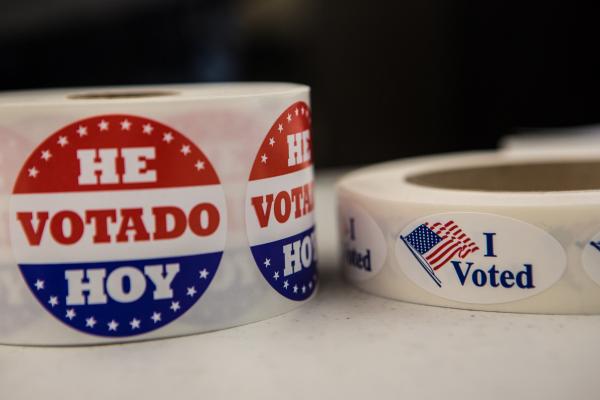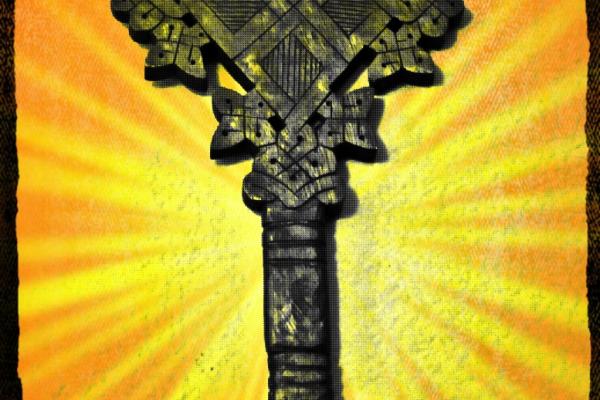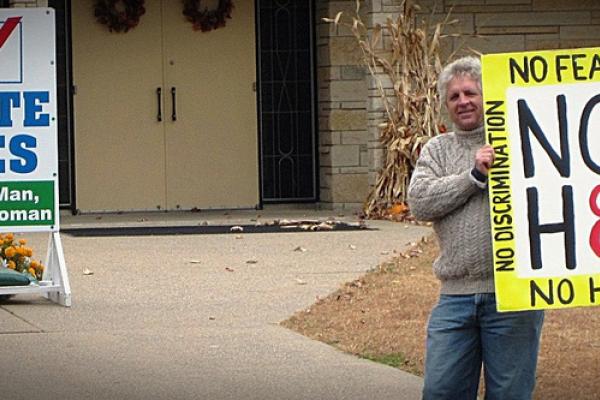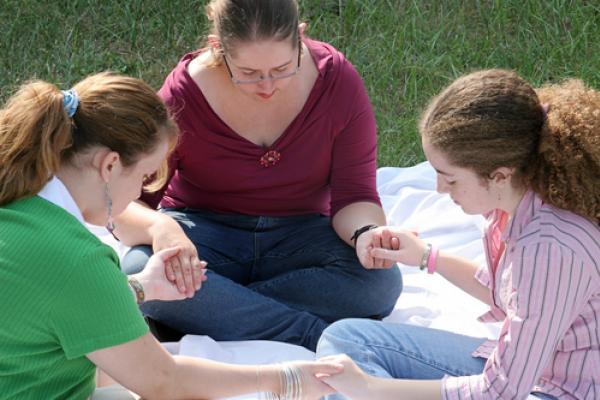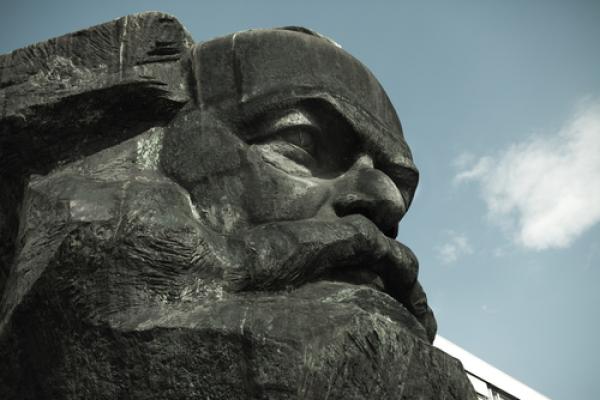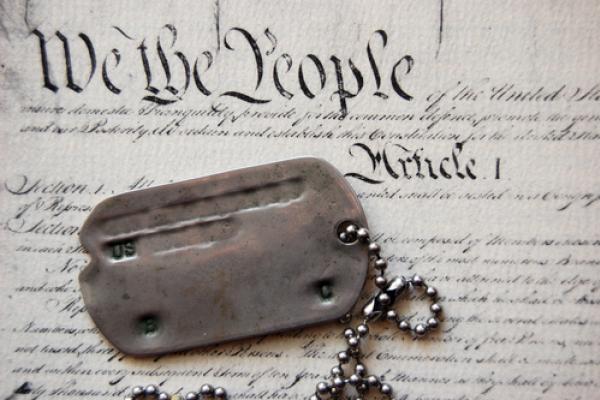As the bishops gather in Baltimore this week for their annual meeting, they like everyone else in the country will be talking about last week’s election. The U.S. Catholic bishops took a beating at the polls. Not only was President Obama reelected, despite their attacks on him, the bishops also lost on state referendums on same-sex marriage.
Like all Americans, the bishops have a constitutional right to participate in the political process. They can debate the issues, criticize candidates and publicly express their views. They can even endorse candidates as long as they don’t do it on church property and don’t use church funds in supporting a candidate or party. In fact, they can even run for president as did Rev. Pat Robertson and Rev. Jesse Jackson. The U.S. Constitution does not forbid this; Roman Catholic canon law forbids it.
But what is constitutional is not always effective or prudent. Clearly the political strategy of the bishops is not working. A majority of Catholics voted for Obama and gay activists won every referendum. The Missouri and Indiana Republican senatorial candidates, who took the toughest positions on abortion, were also defeated when the Republicans were expected to win these races.
So where do the bishops go from here?
Exit polling from Tuesday’s presidential election is offering new hope to activists advocating for comprehensive immigration reform. The Latino community was instrumental in reelecting President Barack Obama, as record numbers turned out to vote and supported the president by over 70 percent. These numbers send a clear message to opponents of immigration reform that demonizing immigrants and blocking progress makes for a poor political strategy.
Pundits are opining that Congress may be more willing to discuss comprehensive reform, a promise President Obama made but has been slow in fulfilling due to congressional opposition. Indeed, republican leaders in Congress have already been altering their positions.
I cannot
think that you don't
sound
or breathe
weep
or grieve
I will not
think that you don't
want
or ply
the cosmos
with love
or grace
seeking
us
lost again
I can believe
I can lose you
I can thwart you
I can set you up
I can watch you fall
to die
again
you breathe
weep
cry
sing
and I
am here seeking
better signs
Minnesota, famously, has just rejected a proposed constitutional amendment which would have barred same-sex marriage. The battle raged for a year, with Christians on both sides. The Catholic diocese was a primary proponent of the amendment, but many Catholics posted “Another Catholic Voting No” signs on their lawn. Episcopalians, Lutherans, and Methodists were also found on both sides of the battle, in leadership roles and at phone banks. Rarely did the discussion of the amendment stray too far from a discussion of faith issues, because it was faith that drove so many to either reject same-sex marriage or move to embrace it as a part of our larger community.
There were bruises and scars, of course, within congregations, families, and neighbors. To some, on both sides, it was a deeply personal fight.
Now, though, it is done. The amendment failed. Though my side won, the divisions created trouble me. As an Episcopalian working within a Catholic law school, I saw the pain of those on both sides.
People of faith have long wrestled with the place of faith in the public square. At times religious groups have sought to dominate or control the public square. At other times, they have allowed the state/nation to dominate and control the faith community. Others have sought to distance themselves from the public square – with the Amish being the most distinct example of this. There was a time, a half century ago or more, that mainline Protestantism played a significant role in the public square while evangelicals largely stepped away. In the past three decades the roles have reversed.
The question that is being raised at this time in a number of sectors has to do with whether faith should engage the public square and if so, how should this engagement occur. I have found Mark Toulouse's book God in Public: Four Ways American Christian and Public Life Relate (WJK Press, 2006), to be very helpful in this matter. Mark has a good sense of the relationship between religion and the public square.
If we try to mold faith into something more certain than simply faith, it becomes something else. A crutch, perhaps, or a drug. So how or when does this happen?
It happens when someone is suffering and we tell them that everything happens for a reason. In the bigger picture, this is that opiate of certainty and assurance being cast over all the chaos, suffering, and doubt in an effort to keep it all tied up neatly in a religious package. But what it creates beneath the surface is a bastardized image of a God who sits in the Great Beyond, plotting out our fortunes and misfortunes, causing loss and heartbreak in our lives for some greater unknown plan. This makes us no more than so much collateral damage in some narcissistic divine game.
Is that really the God we believe in?
When I go out with my Dad, he often wears a cap identifying him as a Korean War veteran. Over and over again, people tell him, “Thank you for serving.” Over and over again.
I’m always struck by the contrast between that appreciation and the sad, hidden truth about our country’s treatment of some other veterans. I’m speaking of the government’s detention and deportation of many immigrants who served in our armed forces but who are not yet citizens.
The first time I heard about this was 1998. My friend’s husband, a Canadian who grew up in Texas and chose to serve in Vietnam had recently gotten a deportation order based on some old drug charges, the kind of thing many vets experienced. What horrified me then, and still does today, is that immigration judges could not grant an exception. Nothing could stop the deportation except a change in U.S. immigration laws.
